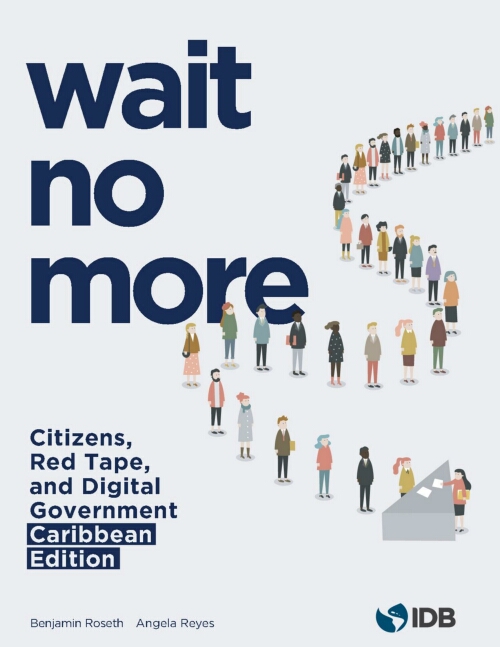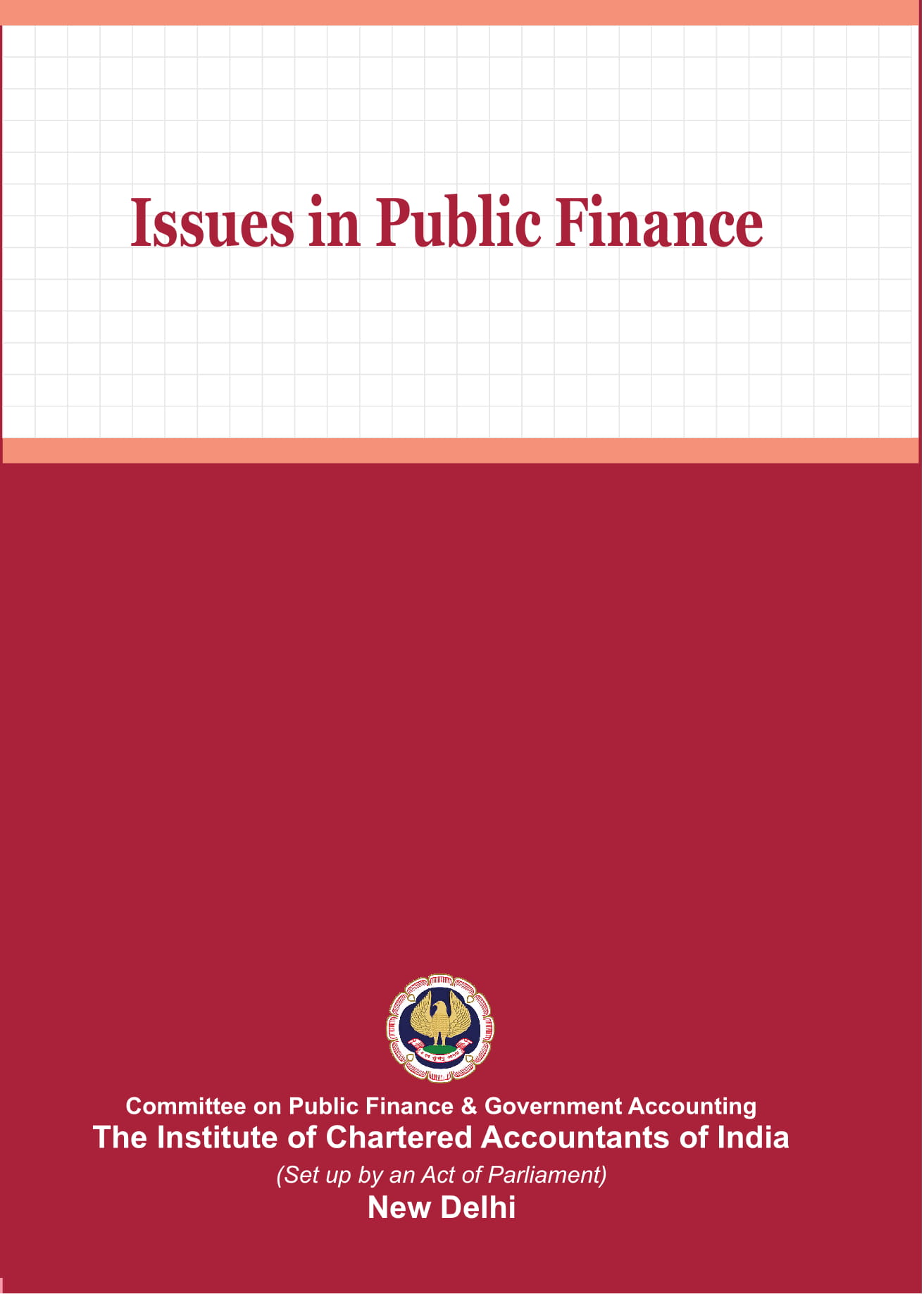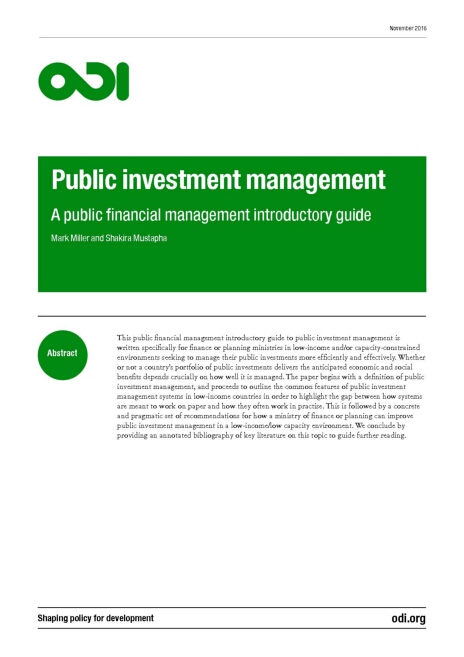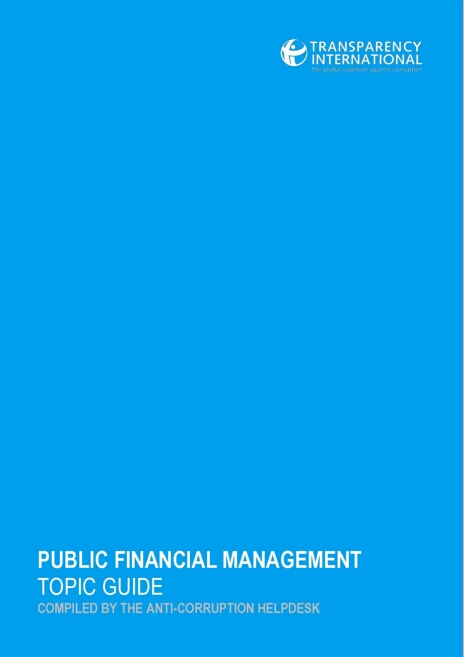Wait No More: Citizens, Red Tape, and Digital Government
- Benjamin Roseth, Angela Reyes
- Dec 2019
- Inter-Amercian Development Bank (IDB)
- International
How do Caribbean countries experience the smallest unit of public policy: the government transaction? Agile government transactions have a positive impact on the business climate, on people’s perception of public institutions, and on access to essential public services and programs. The simplification and digitalization of government transactions should be a top priority for all governments. 'Wait No More' shows us that public institutions do not always coordinate well with each other, they still operate using paper files, and they are often more concerned with following bureaucratic rules than providing services. Faced with a difficult government transaction, citizens can choose to suffer (i.e., put up with long waiting times and endless complex requirements), pay (i.e., bribe a civil servant to speed up the process), or give up (i.e., give up on the government transaction and consequently, any benefit it may bring). Furthermore, this inefficiency harms governments themselves, by requiring them to spend inordinate sums of money on manual procedures and by being unable to make their policies reach their target beneficiaries. Beyond the detailed assessment presented in this report, its main value lies in the roadmap it offers. First, it proposes a reorientation of the state away from bureaucracy and towards the citizen. Second, it proposes using technology to achieve a strategic objective: making life simpler for citizens and firms.









